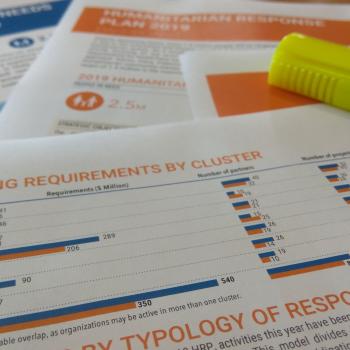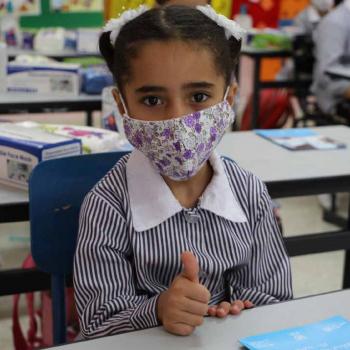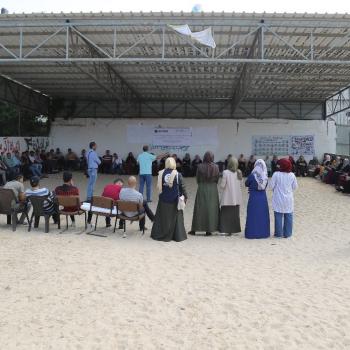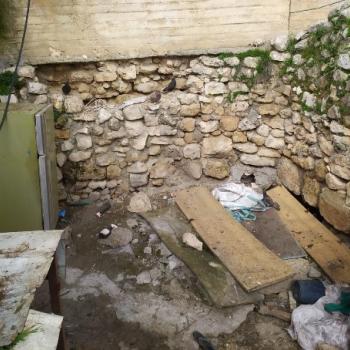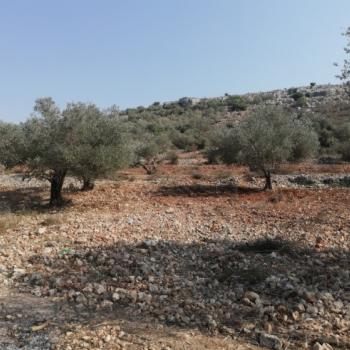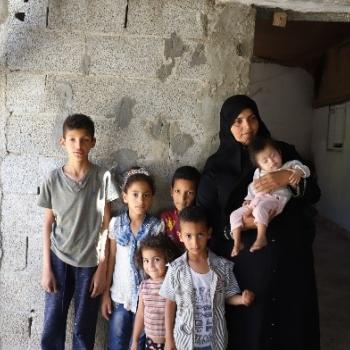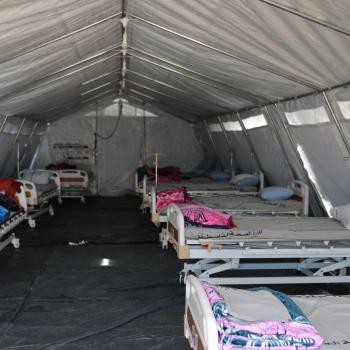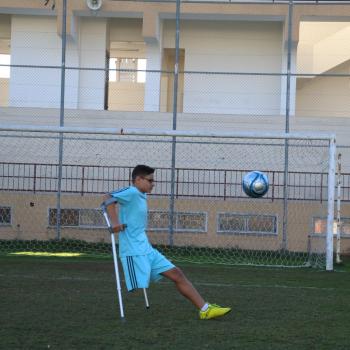The Humanitarian Programme Cycle refers to a series of actions undertaken in the management of international humanitarian response operations. These must be conducted, to the extent possible, in collaboration with and in support of national and local authorities.
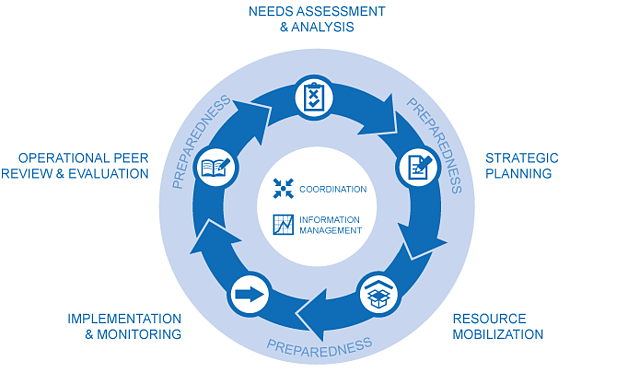
The actions in the cycle, described below, are inter-related and should be managed in a seamless manner using a coherent approach and a common set of tools.
- Emergency preparedness is a distinct element of, and underpins, the entire cycle.
- Timely, coordinated assessments and analysis identify the needs of affected people and provide the evidence base for planning the response.
- Coordinated planning allows for the formulation of strategic objectives, what needs to be done to meet them, and how much it will cost.
- Funding and other resources are mobilized for the system based on and in support of the strategic response plan.
- Monitoring of agreed output and outcome indicators and the tracking of financial information demonstrates results and informs decision-making about the plan.
While implementation of the cycle should be flexible and adaptable to different country situations, it must at a minimum address the above elements. Whenever possible, it should support national and local partners, including NGOs, civil society and communities, and complement or build on existing frameworks; it should contribute to a response that builds resilience to future disasters.
More information on the specific elements of the HPC can be found here.
The Humanitarian Response Plan in the occupied Palestinian territory
The humanitarian community in the occupied Palestinian territory (oPt) has developed an annual humanitarian plan for the oPt every year since 2003. The Humanitarian Response Plan (HRP) primarily focuses on addressing humanitarian needs in the Gaza Strip as well as in Area C and East Jerusalem of the West Bank, where the most vulnerable populations have been identified and where the reach of the Palestinian Authority is most limited.
Humanitarian assistance in the oPt aims to address needs and vulnerability mostly arising from the policies and practices linked to the occupation and the blockade. Those targeted for assistance are those most in need of protection, access to essential services and interventions that will allow them to cope with the effects of the prolonged occupation and shocks.
At a minimum, the HRP aims to protect the rights and stabilize the situation of the protected population until longer term development and political solutions are found. The HRP complements national and international longer term development strategies, such as the Palestinian National Development Plan and the United Nations Development Assistance Framework (UNDAF).
Read more on the latest Humanitarian Response Plan here.
